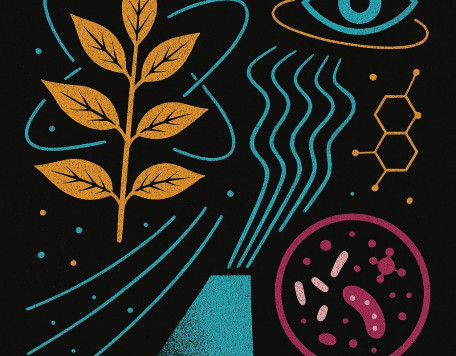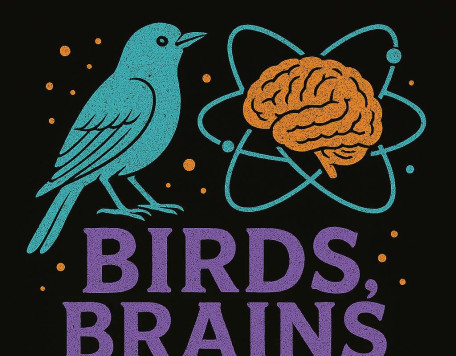© Pint of Science, 2025. All rights reserved.
Archaeological scientists are experts at using the past to help us understand the modern world. So come along to find out how ancient DNA and diseases can help us understand the environmental issues we're facing today. Plus, a special panel featuring inspiring women in STEM!
Eight Legged Freaks: Uncharismatic Arthropods in Popular Media and Conservation
Gaia Mortier
(PhD Researcher)
Insects and spiders are commonly used in media to invoke feelings of disgust, annoyance, and fear - with examples ranging from the flesh-eating scarab beetles in The Mummy (1999) to Shelob the great spider in The Two Towers (2002). While these portrayals can be great fun to watch, they also shape how we view these animals in real life. This can influence conservation efforts, where more charismatic species tend to attract more attention and research funding than those we find less appealing. In this talk, I - an entomologist with a media background - will explore how a variety of arthropods are represented in popular media, while highlighting the importance of uncharismatic biodiversity.
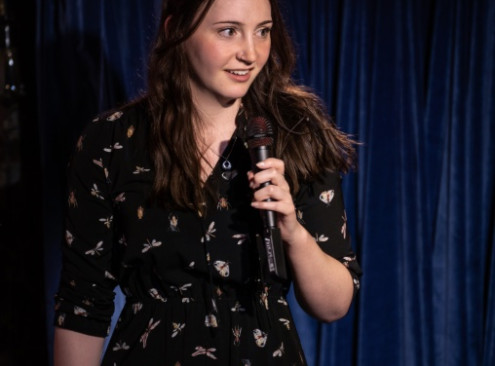
Dark skies and soft bones: The link between atmospheric pollution and Childhood vitamin D deficiency in historical London
Jack Eggington
(PhD Researcher)
Vitamin D deficiency affects millions of people globally and is primarily caused by a lack of exposure to UVB radiation (sunlight) which is vital for its synthesis, with air pollution being a significant confounding factor. Vitamin D is fundamental for the remodelling of new bone and has an important role in immune defence. Considering the current level of deficiency in world populations, this presentation takes a historical perspective, discussing how pollution contributed to a rise in Vitamin D deficiency in young non-adults living in central London during the 17th to 19th century. The wider impact on childhood health will be discussed with reference to the rise in atmospheric pollution in the modern world.
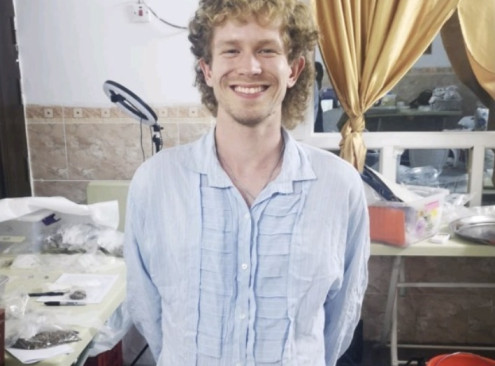
Women in STEM Panel: Charlie Davies
Charlie Davies
(PhD Researcher)
I’m a PhD student at the University of Reading, exploring how people and climate have shaped southern Brazil’s Araucaria forests over thousands of years. I use ancient pollen and charcoal from peat bogs, alongside computer modelling, to uncover stories of past land use and environmental change. My background is in Geography and Quaternary Science, and I’ve worked both as a lab technician and an outdoor instructor—my love for the outdoors drives my curiosity about the past and how we live with nature today.
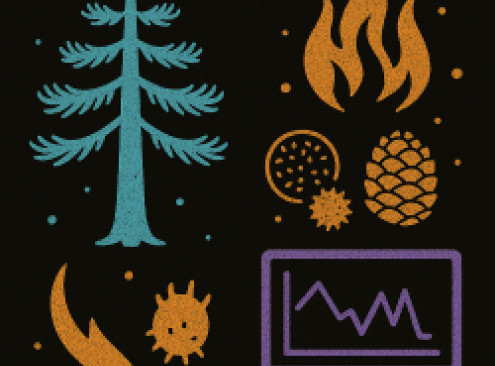
Women in STEM Panel: Gayatri Ramakrishnan
Gayatri Ramakrishnan
(Undergraduate Student)
Gayatri is an undergraduate student at the University of Reading. Scottish wildcats are UK's only remaining native feline species. Today, they are classified as "Critically endangered" in the UK as a result of declining populations due to hybridization with domestic cats and habitat loss. Gayatri's research focuses on how Scottish wildcat diets have changed over the last century using stable isotope analysis. For this work, she utilises museum collections from the National Museums Scotland to analyse wildcat whiskers to create a dietary profile from the early 20th century to present-day. Results from this will help us understand how wildcats respond to environmental change, prey availability, and increased human interactions, in order to inform conservation programs.
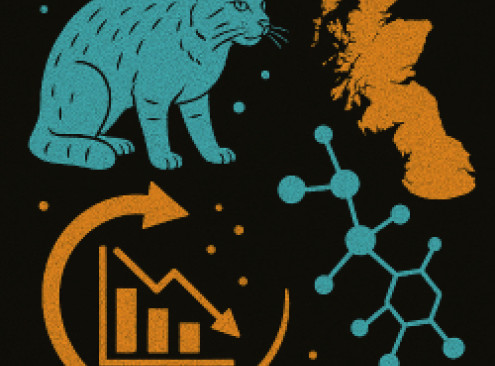
Women in STEM Panel: Dr Juliette Waterman
Dr Juliette Waterman
(Postdoctoral Researcher)
Juliette is a postdoc at the University of Reading studying the history of wild animals in Britain using stable isotope analysis. She works with archaeological animals and museum specimens from a wide range of time periods and environments. Her PhD focused on birds of prey from archaeological towns as part of the Animal Feeding project, and she previously worked as a commercial archaeologist and studied for a masters in bioarchaeology.
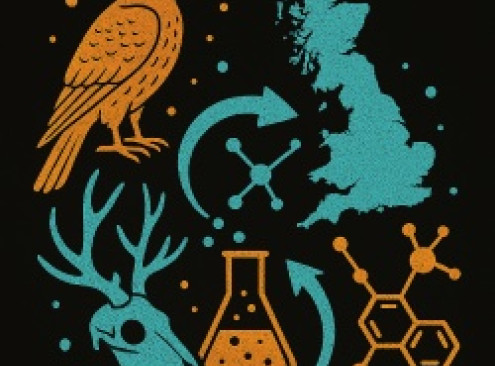
Map data © OpenStreetMap contributors.
Other Park House events
2025-05-20
Botany, Beams, and Things Unseen
Park House
Whiteknights Campus, University of Reading, Reading, RG6 6UA, United Kingdom
2025-05-21
Birds, Brains, and The Power of Change
Park House
Whiteknights Campus, University of Reading, Reading, RG6 6UA, United Kingdom


